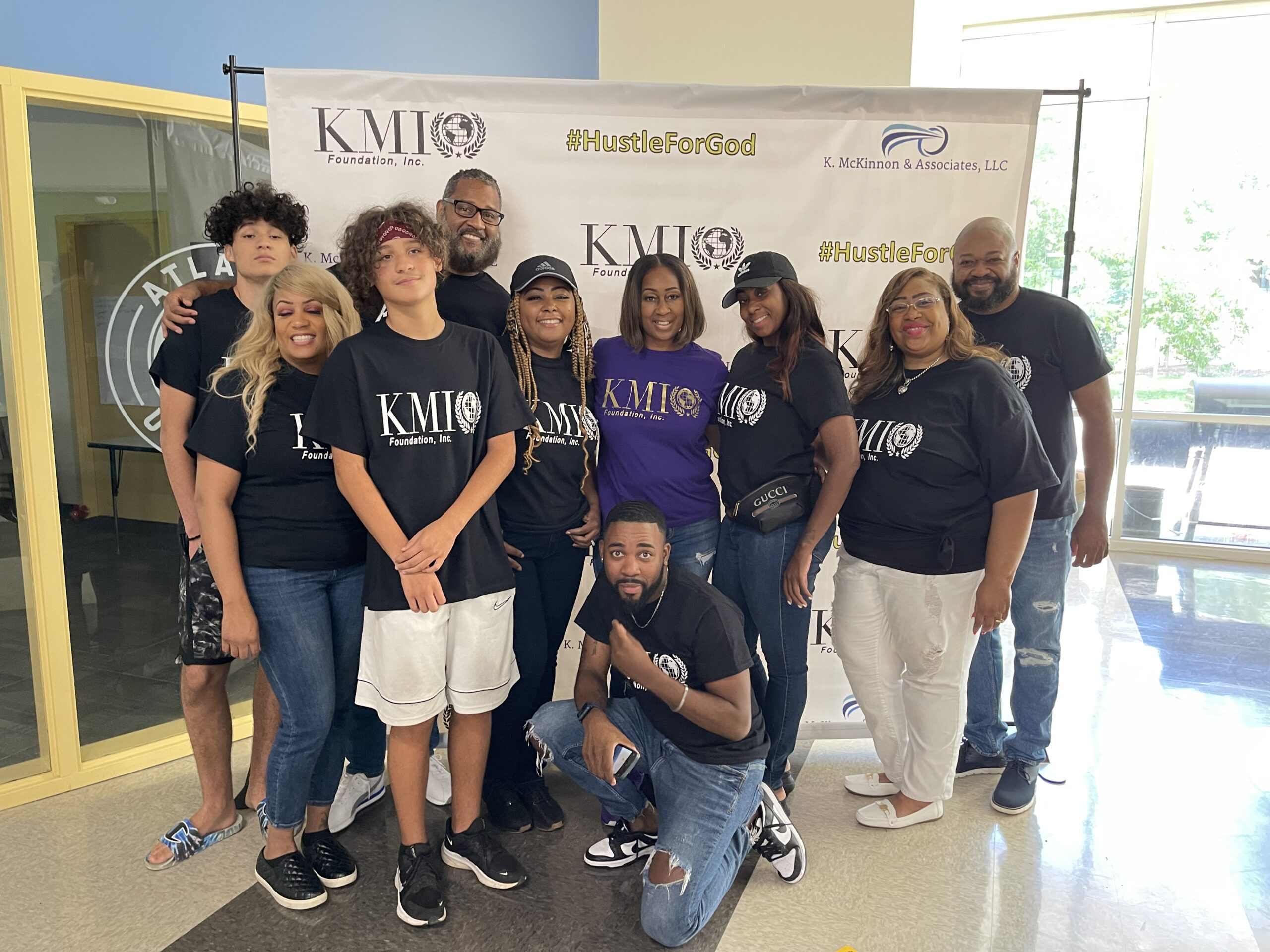Financial Literacy
Goals & Objectives
Goal #1
Promote Financial Literacy
Objectives:
- Develop and implement comprehensive financial literacy programs targeting individuals of all ages and backgrounds.
- Provide accessible and engaging resources, tools, and workshops to educate participants on key financial concepts, including budgeting, saving, investing, and debt management.
- Collaborate with educational institutions, community organizations, and other stakeholders to extend the reach and impact of financial literacy initiatives.
- Measure the effectiveness of the program through pre-assessments and post-assessments to ensure participants’ understanding and application of financial knowledge.
Goal #2
Empower Individuals for Financial Independence
Objectives:
- Equip participants with practical skills and knowledge to make informed financial decisions that lead to long-term financial stability.
- Offer personalized financial coaching and guidance to help participants set realistic financial goals and develop action plans to achieve them.
- Support individuals in improving their financial well-being by providing access to relevant resources, such as credit counseling, debt reduction strategies, and savings and investment opportunities.
- Foster a sense of self-confidence and empowerment in participants, enabling them to take control of their financial futures and make positive changes in their lives.
Goal #3
Bridge the Financial Education Gap
Objectives:
- Reach underserved communities and populations with limited access to financial education resources, including low-income individuals, immigrants, and marginalized groups.
- Adapt financial literacy materials and programs to cater to diverse cultural backgrounds and learning styles, ensuring inclusivity and relevance.
- Partner with local organizations and agencies to host financial literacy workshops and seminars in community centers, schools, and other accessible venues.
- Develop strategic partnerships with financial institutions and industry professionals to provide mentorship opportunities, internship programs, and career guidance in the field of finance.
Goal #4
Foster Financial Responsibility and Long-Term Success
Objectives:
- Promote responsible financial habits, such as budgeting, saving for emergencies, and avoiding predatory lending practices.
- Educate participants on the importance of credit scores, credit reports, and responsible borrowing, enabling them to make informed decisions regarding loans, mortgages, and credit cards.
- Encourage long-term financial planning and wealth-building strategies, including retirement planning, investment diversification, and asset protection.
- Establish a support network and alumni program to provide ongoing guidance, resources, and mentorship to program graduates, ensuring their continued financial growth and success.
Goal #5
Advocate for Financial Education Policies
Goal #5
Advocate for Financial Education Policies
Objectives:
- Advocate for the integration of financial literacy education into school curricula at all levels, collaborating with education policymakers and administrators.
- Engage with local, state, and federal legislators to promote legislation that supports financial education initiatives and increases funding for such programs.
- Raise awareness about the importance of financial literacy through community outreach, media campaigns, and partnerships with influencers and public figures.
- Conduct research and data analysis to demonstrate the positive impact of financial literacy programs on individuals and communities, using the findings to inform policy discussions and decision-making processes.


